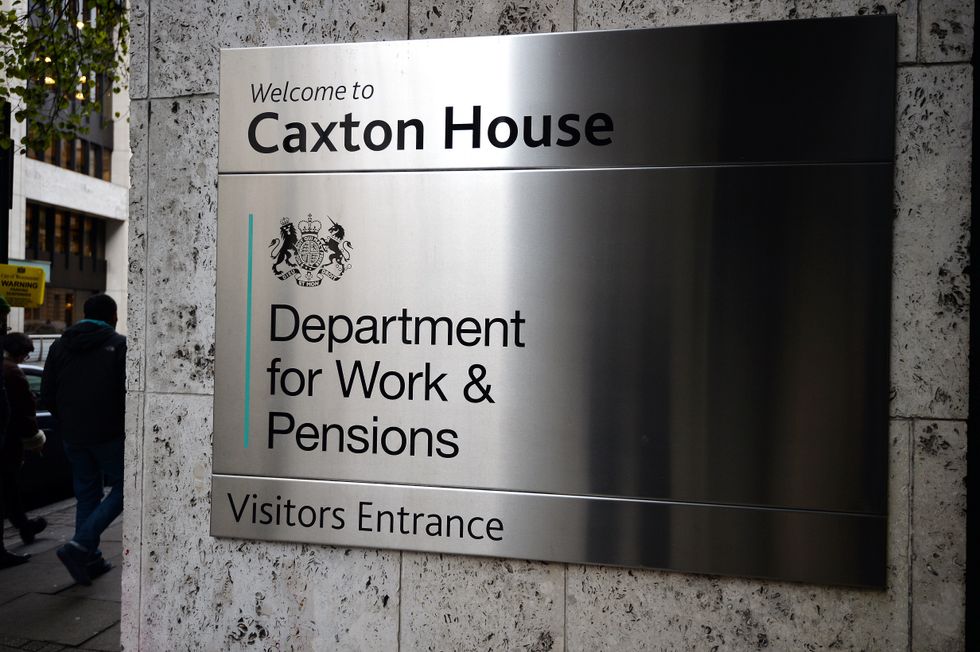A “major milestone” has been reached in addressing a historic state pension issue which saw thousands of women missing up to £10,000 in payments.
The Parliamentary Ombudsman has launched an investigation what has been slammed as being an “archaic and sexist” retirement system.
If the investigation proves Britons were disenfranchised, the Government could be forced to pay hundreds of millions of pounds to those affected.
Specifically, the ombudsman will examine seven “lead cases” who were brought forward and supported by former pensions minister Sir Steve Webb.
Before a rule change which was introduced in March 2008, married women were able to claim a state pension at 60 but pensions were handed out based on their own record of National Insurance contributions.
As a result, stay-at-home mothers and those with gaps in their work history saw their payments reach as low as 25 per cent of the full basic state pension.
Do you have a money story you’d like to share? Get in touch by emailing [email protected].

Older women have been impacted by a historic state pension injustice
GETTY
However, if a woman in this situation’s husband drew his own, they could get up to a 60 per cent raised based on their spouse’s contribution.
It should be noted that this increase only took place if the woman made a further state pension application once their husband finally retired.
Due to this, thousands of married women assumed that once they applied for their state pension that the correct entitlement had been paid. They did not know they would have to apply again.
Married women who did not make an additional claim were kept on a low pension. If they discovered the uplift, they were only permitted to backdate the hike for one year.
Notably, the primary way many were meant to find out what to do was that their husband had to tick a box on his state pension application. Two pension claim forms would be sent to him, one of which he would ideally give to his spouse.
Under this system, women would miss out if their husband failed to tick the box, if the Department for Work and Pensions (DWP) only issued one form or if the husband did not pass on the second form to his wife.
DWP rules were altered so this uplift was implemented automatically without the need for an extra claim but “pre 2008” married women did not see the benefit off this change, Webb claims.
The LCP partner has assisted many in their complaints o “maladministration” to the DWP, Independent Case Examiner and the Parliamentary Ombudsman.
If the investigation goes in favour of those impacted, he estimates some women will have lost out by £10,000 or more in the period since their husband retired.
Sir Steve explained: “This is a major milestone in a long-running campaign for justice for thousands of married women. I am delighted that the Parliamentary Ombudsman has decided to undertake an in-depth investigation into these complaints.
LATEST DEVELOPMENTS:

The DWP has stated it will cooperate with the ombudsman’s investigation
Getty
“In my view these women fell victim to a fundamentally sexist and archaic system which relied largely on married men ticking boxes and passing on claim forms to their wives.
“The women I have spoken to are all intelligent people who do not ignore official correspondence and who would clearly have claimed their uplifted pension if they had realised a second claim was needed once their husband retired.
“The fact that they did not know this was needed indicates a system which let them down and has cost them in many cases thousands of pounds through no fault of their own. I look forward to seeing what the Ombudsman concludes at the end of her inquiry.”
A DWP spokesperson said: “We are committed to ensuring pensioners have the dignity and support they deserve in retirement and will cooperate fully with the Ombudsman’s investigation.”